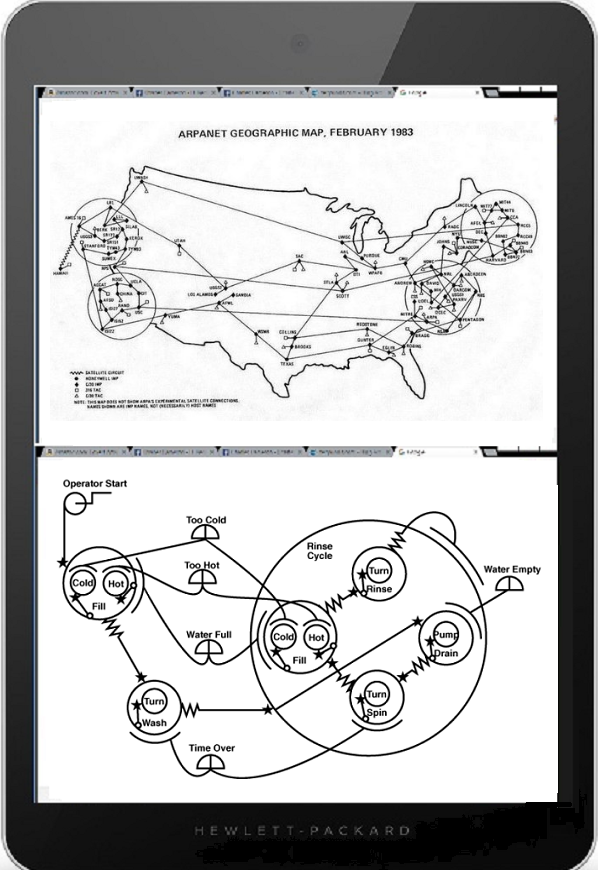Véra Nabokov, preemptive strikes, and the Talmud
Friday, May 20th, 2016[ by Charles Cameron — i personally am better acquainted with “innocent until proven guilty”, but.. ]
.
Contemplating this:
Nabokov's father was killed by assassins at a lecture and Vera made sure the same wouldn't happen to him pic.twitter.com/swSozOfGUA
— Gabe Habash (@gabehabash) May 20, 2016
in light of the Talmud:
“When someone comes to kill you, you must rise early and kill him first” -Babylonian Talmud: Berakoth 58
Judaism… http://t.co/PUGXcvPudK— Conservatives (@ConservativAOLA) March 27, 2013
Obviously if Véra Nabokov intended to protect her husband, she intended to shoot his would-be assassin right before the assassination attempt, not right after it.
**
If Someone Comes to Kill You, Rise Up and Kill Him First:
Several days before the horror of September 11, 2001, Israel’s Foreign Minister Shimon Peres spoke to Conservative rabbis in an international conference call. Responding to a concern expressed about Israel’s policy of preemptive targeted killings of suspected terrorist leaders and the inevitable collateral damage, Mr. Peres defended the practice, citing an oft-quoted rabbinic legal dictum, “Im ba l’hargekha, hashkem l’hargo,” “If someone comes to kill you, rise up and kill him (first).” The uproar last July by Israel-bashers and, more credibly, by the Israeli Jewish public after the Israeli army bombed a Gaza apartment building, inadvertently killing fourteen civilians, including nine children, along with arch-terrorist Salah Shehada, again focused attention on the issue of collateral damage in the implementation of “Im ba l’hargekha.”
File under preemptive strikes, targeted killings, drones, Abdulrahman Al-Aulaqi, etc.





